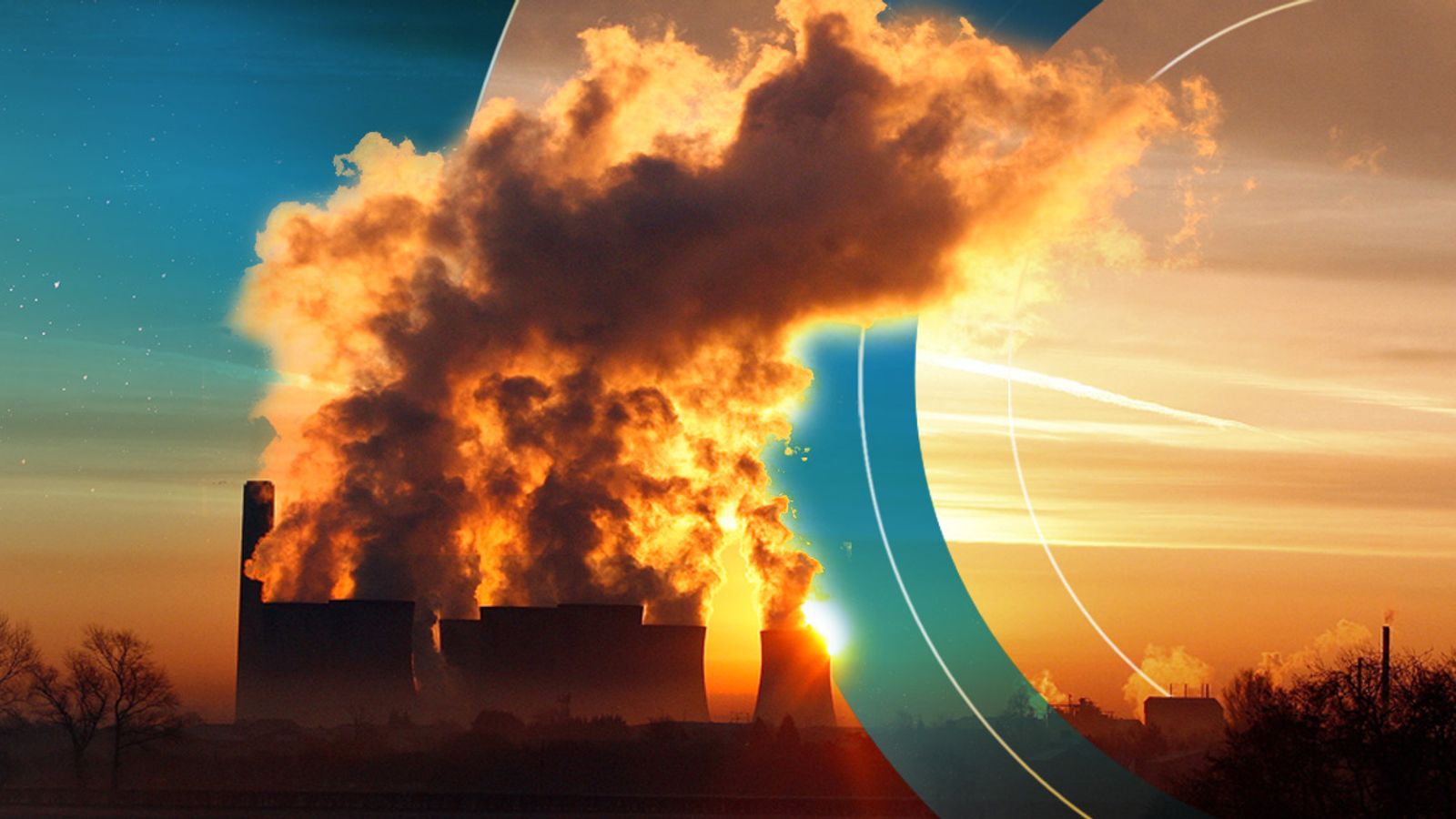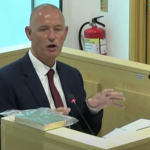The latest global climate promises to cut emissions are not yet enough to stay under the dangerous threshold of global heating that would trigger severe climate breakdown, UN scientists have warned.
The UN Environment Programme’s (UNEP) latest annual emissions report exposes the gap between what countries have promised and what should be done to achieve the Paris Agreement target of limiting warming to 1.5C.
It finds each country’s action plans – known as Nationally Determined Contributions (NDC) – only knock 7.5% off predicted 2030 emissions, but 55% is needed to meet the 1.5C goal. Beyond 1.5C, more severe impacts of climate change kick in, from extreme weather to rising sea levels.
Inger Andersen, executive director of UNEP said we have eight years to “make the plans, put in place the policies, implement them and ultimately deliver the cuts. The clock is ticking loudly.”
“Climate change is no longer a future problem. It is a now problem,” she said.
The world is currently facing at least 2.7C of heating this century based on the latest climate promises for 2030, the Emissions Gap Report found. It comes in the week before leaders meet for climate talks at COP26, which aim to “keep 1.5C alive”.
Overshooting these goals will lead to “a destabilised world and endless suffering, especially among those who have contributed the least to the [greenhouse gas] emissions in the atmosphere,” said Patricia Espinosa, executive secretary of the United Nations Framework Convention on Climate Change.
COP26: Bleak climate report shows colossal challenge facing UN conference
‘No new pledges’: China announces how it will meet peaking carbon emissions by 2030
COP26: Animal Rebellion protesters climb Defra and Home Office building with message for world leaders
“We are nowhere near where science says we should be,” Espinosa said.
However, net zero commitments may offer a glimmer of hope, as they could curb heating to 2.2°C, but only if they were “made robust and if 2030 promises were made consistent with the net zero commitments” the report said.
Subscribe to ClimateCast on Spotify, Apple Podcasts, or Spreaker.
But it warns net zero pledges are still vague, incomplete in many cases, and inconsistent with most 2030 NDCs.
It found the latest NDCs from some G20 countries were no better than their previous offering – such as Australia, Brazil and Mexico – or so unambitious that they further policy action, like Russia’s.
Caterina Brandmayr, head of climate policy at Green Alliance, warned net zero targets are “only the first step, and must urgently be translated into concrete actions, particularly by G20 nations”.
“COP26 must provide a clear route forward to accelerate emission reductions and ensure countries continue to ramp up their near term climate action,” said Brandmayr.
Piers Forster, climate change professor at Leeds University, said the report paints “an overly bleak picture”.
He said: “It is true that the 2030 emissions gap remains but if you look at their numbers, it shows that the gap in longer term emission targets is almost closed.
“These national plans show that the costs of action are far less than the cost of inaction, so we have it all to play for at [COP26] to close these gaps even further.”
The report also highlights ways to slash emissions quickly, including by tackling the lesser talked about greenhouse gas methane through technology and diet changes.
Please use Chrome browser for a more accessible video player
Watch the Daily Climate Show at 6.30pm Monday to Friday on Sky News, the Sky News website and app, on YouTube and Twitter.
The show investigates how global warming is changing our landscape and highlights solutions to the crisis.






















